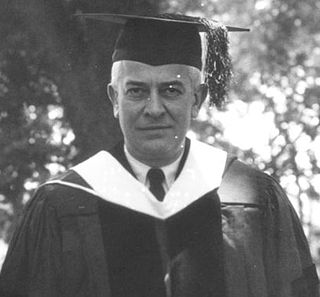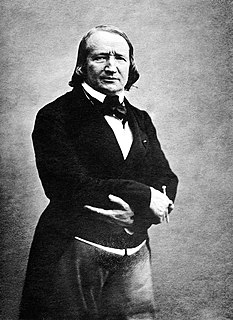A Quote by Robert Gottlieb
Dickens was born in 1812 and died in 1870, having produced fifteen novels, many of which can confidently be called great, as well as having accomplished outstanding work in activities into which his insatiable need to expend his vast energies - to achieve, to prevail - carried him: journalism, editing, acting, social reform.
Related Quotes
One of the things that I find most incredible about dad is the third act of his life.After all he accomplished in his professional career and what he's given for his country, at the point in his life where he's faced adversity, losing a son, having a helicopter crash, having a stroke, and what he's accomplished in this third act in his life, I find quite extraordinary.
I love Leonardo DiCaprio. He just makes really great films with great directors. He has great relationships with directors but also has a great social awareness. I think he balances his work with his responsibilities to his world, the environment, things like that very well. I'm very impressed by him and I admire him a lot. And other actors like Joaquin Phoenix, I just look at him and marvel at his unexpectedness, just his work really.
It is obvious that Paul did not regard prayer as supplemental, but as fundamental-not something to be added to his work but the very matrix out of which his work was born. He was a man of action because he was a man of prayer. It was probably his prayer even more than his preaching that produced the kind of leaders we meet in his letters.
MORAL LAW, Evidence of.- Man has been subjected by his Creator to the moral law, of which his feelings, or conscience as it is sometimes called, are the evidence with which his Creator has furnished him. ... The moral duties which exist between individual and individual in a state of nature, accompany them into a state of society ... their Maker not having released them from those duties on their forming themselves into a nation.
The master in the art of living makes little distinction between his work and his play, his labor and his leisure, his mind and his body, his information and his recreation, his love and his religion. He hardly knows which is which. He simply pursues his vision of excellence at whatever he does, leaving others to decide whether he is working or playing. To him he's always doing both.
Anecdotally his fitness reports rated him well above average in the classroom, excellent in the field, fluently bilingual in English and French, passable in Spanish, outstanding on all man-portable weaponry, and beyond outstanding at hand-to-hand combat. Susan knew what that last rating meant. Like having a running chainsaw thrown at you





































